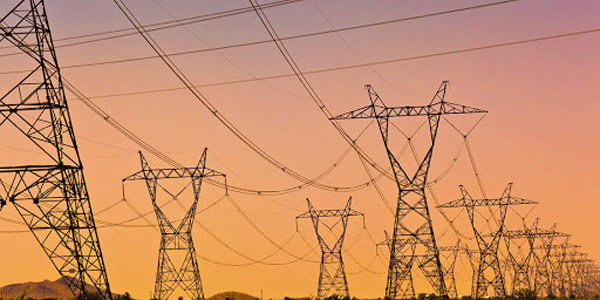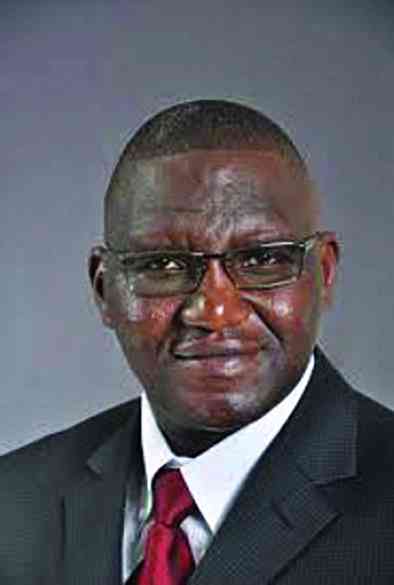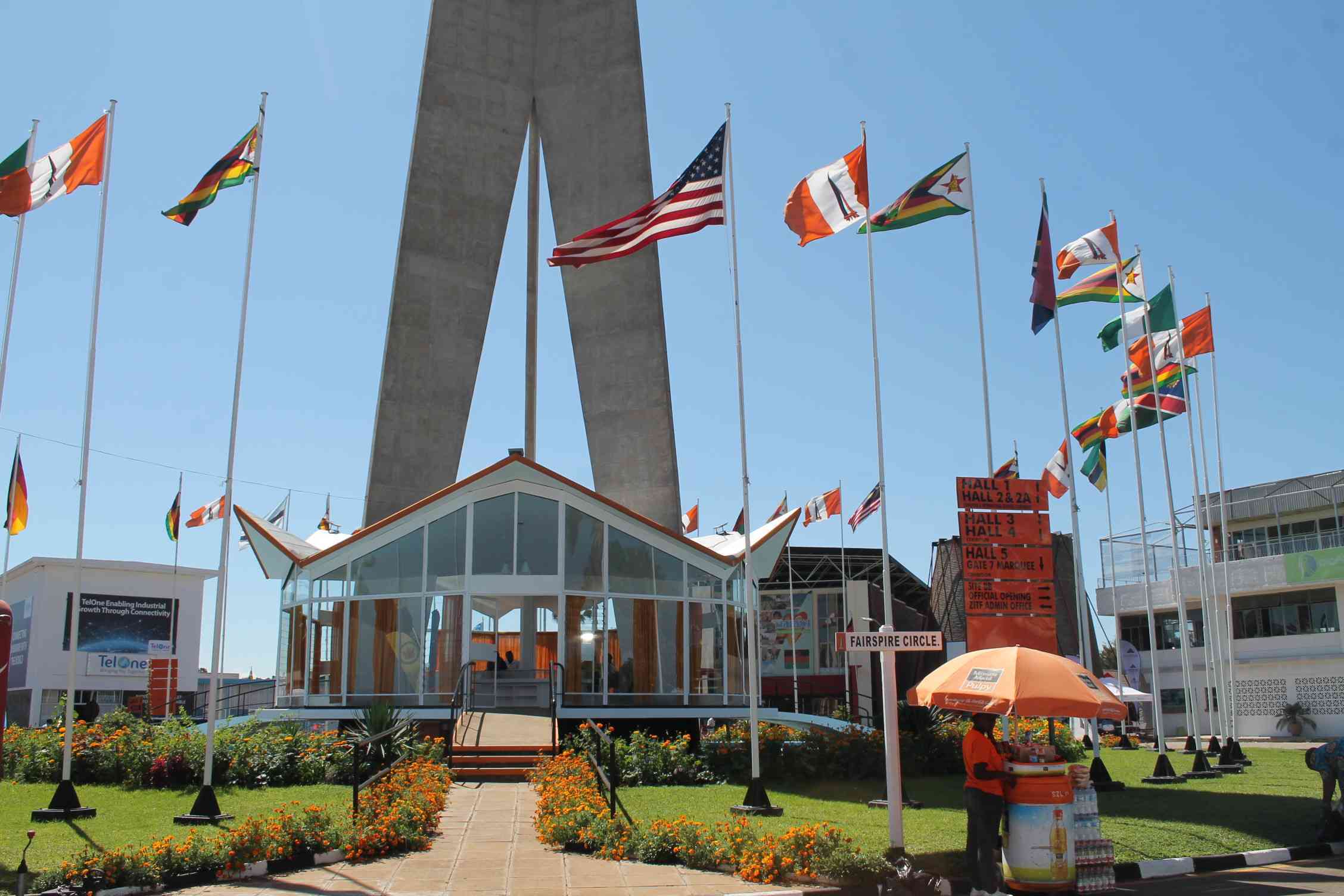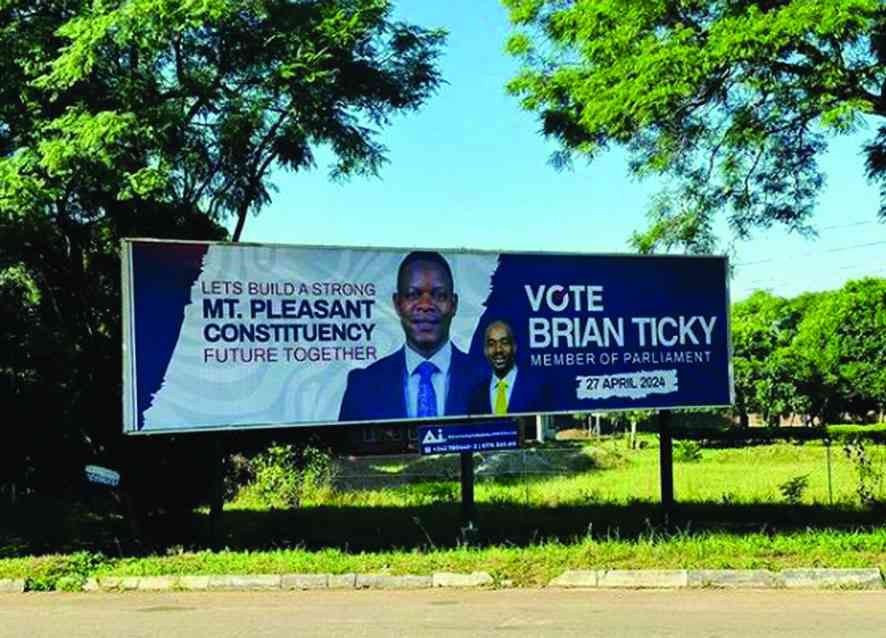
BY METHEMBE SIBANDA
ZESA Holdings says it needs at least US$17 million a month to import power, and keep lights on amid rolling electricity outages lasting several hours.
In a statement, Zesa said it was engaged in negotiations with power utilities in neighbouring countries to meet local demand.
Recently, Zesa warned of more power cuts to allow the resumption of maintenance work at Kariba Dam.
“To have balance in demand and supply, we need power imports to sustain the growth. We need US$17 million per month to import enough power. Various negotiations and dispensations are ongoing to ensure that we continue to import electricity so as to complement the various internal initiatives that we have embarked on,” the power utility said.
“We have various initiatives that are ongoing to ensure the stabilisation of the electricity supply, chief among them is the Hwange 7 and 8 expansions and the maintenance works at the Hwange Power Station.”
On January 1, Zesa announced a new tariff increase, which will see the first 50 units or kilowatt hours costing $2,25/kWh, and the next 50 units costing $4,51/kWh, while the next 100 units will cost $7,89/kWh. Everything after that will cost $13,50/kWh.
Indications are that consumers will have to fork out $2 253 to purchase 300 units, while 400 units will cost $3 547, and one must add $1 350 for every block of 100 units after that.
- Chamisa under fire over US$120K donation
- Mavhunga puts DeMbare into Chibuku quarterfinals
- Pension funds bet on Cabora Bassa oilfields
- Councils defy govt fire tender directive
Keep Reading
But experts said increasing tariffs was not the answer.
Zesa added: “We can confirm that we have made progress in the settling of power import bills to our regional suppliers that fall in the Southern African Power Pool and we would like to thank the government and Afreximbank for co-ordinated interventions in ensuring that we pay up our dues.”
- Follow us on Twitter @NewsDayZimbabwe










